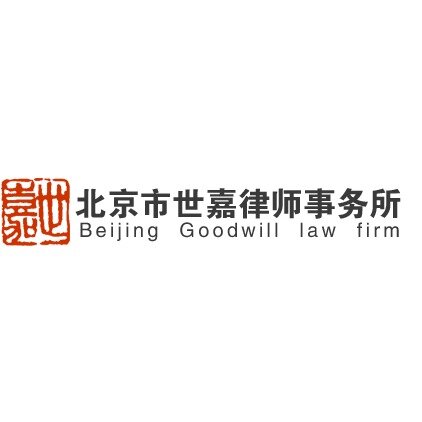Best Employer Lawyers in Beijing
Share your needs with us, get contacted by law firms.
Free. Takes 2 min.
List of the best lawyers in Beijing, China
About Employer Law in Beijing, China
Employer Law in Beijing, China governs the relationship between employer and employees, ensuring fair practices and protecting the rights and interests of both parties. The law principally revolves around contracts, remuneration, working hours, social insurance, workplace safety, disputes, and trade unions. Compliance with these laws is paramount to ensure smooth business operation and prevention of labor disputes. It should be noted that these laws are subject to regular amendments, requiring employers to stay abreast of any changes.
Why You May Need a Lawyer
Professional legal advice is often required to understand and navigate complex legal aspects related to Employer Law. Common situations where you may need an attorney include drafting and reviewing employment contracts, handling labor disputes, ensuring compliance with local labor laws, conducting termination or redundancy processes, and dealing with issues related to trade unions. A qualified lawyer can assist you to avoid potential pitfalls and safeguard your interests.
Local Laws Overview
Several local laws enrich the broader Chinese labor law context in Beijing. Labor contracts should provide clear terms on job description, remuneration, work hours, and termination. Wages should meet the local minimum wage standards and overtime should be paid correctly according to the rules. Employees are entitled to specific social insurances and a safe working environment. Local laws also protect employee rights during mass lay-offs and business transfers. Non-compliance with these laws can lead to penalties and legal action.
Frequently Asked Questions
1. What is the standard workweek in Beijing?
The standard workweek in Beijing is no more than 40 hours, typically divided over five 8-hour days.
2. Can I terminate an employee without notice?
No, except in cases involving serious misconduct. In most cases, you must provide at least 30 days notice or pay a month’s salary in lieu of notice.
3. Are employers required to provide social insurance for their employees?
Yes, employers are required to contribute to a variety of social insurance for their employees, including pension insurance, medical insurance, and unemployment insurance.
4. How is overtime pay calculated in Beijing?
Overtime pay is calculated based on the employee’s wages. The rate for overtime on regular work days is 150%, 200% on rest days, and 300% on official holidays.
5. What protections are there against workplace discrimination?
Beijing law prohibits discrimination based on gender, race, religion, disability, or rural/urban status. Employers are required to provide equal opportunities and fair treatment to everyone.
Additional Resources
The Beijing Municipal Human Resources and Social Security Bureau provides valuable resources and updates on employment law changes. Non-profit organizations like Beijing Worker's Legal Aid and Service Centre provide free consultations and advice for workers facing legal issues. Online resources such as the China Law Blog offer general advice and updates on various legal trends and changes in China.
Next Steps
If you encounter legal issues related to Employer Law in Beijing, the best course of action is to seek legal advice. Consider hiring a local attorney well-versed in Beijing's employment laws. Prioritize open communication with your employees to prevent disputes and consult with a lawyer to ensure your policies and contracts are compliant with local laws.
Lawzana helps you find the best lawyers and law firms in Beijing through a curated and pre-screened list of qualified legal professionals. Our platform offers rankings and detailed profiles of attorneys and law firms, allowing you to compare based on practice areas, including Employer, experience, and client feedback.
Each profile includes a description of the firm's areas of practice, client reviews, team members and partners, year of establishment, spoken languages, office locations, contact information, social media presence, and any published articles or resources. Most firms on our platform speak English and are experienced in both local and international legal matters.
Get a quote from top-rated law firms in Beijing, China — quickly, securely, and without unnecessary hassle.
Disclaimer:
The information provided on this page is for general informational purposes only and does not constitute legal advice. While we strive to ensure the accuracy and relevance of the content, legal information may change over time, and interpretations of the law can vary. You should always consult with a qualified legal professional for advice specific to your situation.
We disclaim all liability for actions taken or not taken based on the content of this page. If you believe any information is incorrect or outdated, please contact us, and we will review and update it where appropriate.

















